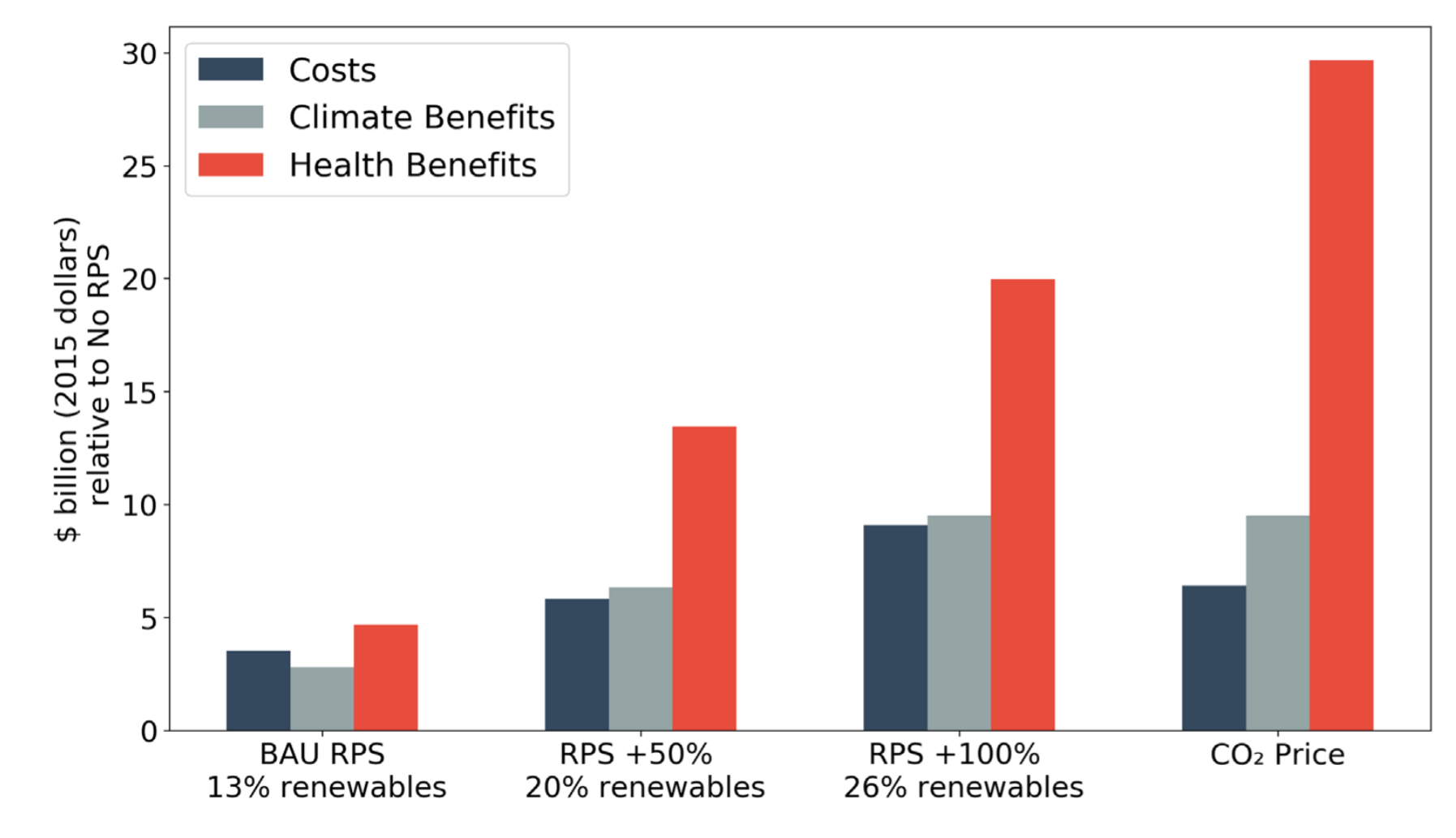Study: renewables are much better for your health
 8 September 2019
8 September 2019
We know renewables can help to protect the climate. However, new research shows they can also improve public health, often in surprising ways.
First of all, renewables can save us a lot of money, suggests a study published in Environmental Research Letters. New health infrastructure needs power and with new renewables already cheaper than coal they would yield $2.8 billion in climate savings and $4.7 billion from avoided climate impacts on a $3.5 billion budget. And all that while generating clean and sustainable energy we all want.
Yet it doesn’t end here. Renewables are also a great use of tax money, calculated to save citizens $4.7 billion thanks to an avoidance of wages lost to climate change and paired with immense health benefits and lower health expenses, along with cancelling a long list of climate-related health threats, the researchers argue.
These are bold claims, but it is inarguable that clean energy means better air quality. Burning fossil fuels, on the other hand, increases the likelihood of heart conditions, strokes, asthma, lung cancer and other diseases. Meanwhile, a climate changed by burning fossil fuels also means worsening allergies, the faster spread of viruses and greater vulnerability in our health overall. These changes are already happening and switching to renewables is the fastest way to slow them down or possibly reverse the trend.
The findings are based on transdisciplinary research covering 10 U.S. states with inquires into the economic, health, environmental and policy implications of different energy regimes based on the integrated modelling of possible future scenarios. A surprising finding is that greater investment into renewables can generate greater than expected returns. If the states strengthened their renewables policies, the outcomes would be even better, the researchers argue.
For example, getting to 20% renewables by 2030 would lead to over $14 billion saved in health- and climate-related costs, while pushing the bar to 26% would move the number to over $20 billion. Every kilowatt-hour of new renewables capacity can generate between 8¢ and 13¢ of health benefits depending on the scenario.

Thus, the goal of 13% renewables in the mix risks missing the historic opportunity that is critical for our survival as a species. The findings are particularly pertinent at times when sustainability investments are often portrayed as risky.
This research adds yet one more argument in favor of those advocating for a clean energy transition as soon as possible. Economists will no longer be able to resist the numbers: a future based on clean energy may well be the only one we can afford.
The post Study: renewables are much better for your health appeared first on Sustainability Times.
